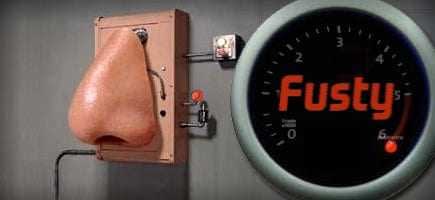
Spanish researchers have developed a cheap, portable ‘electronic nose’ they say has great promise for use in organoleptic testing and food quality control.
While so-called e‑noses themselves are not new, the University of Extremadura Sensory Systems Research Group says its system reduces the time and cost of testing.
In a recent press release, researcher Jesus Lozano said that the new system — which mimics the human nose — could not only deliver quantitative results in a minute, it cost ten times less than existing methods to set up.
“The disadvantage of this portable device…is that, as with the mammalian sense of smell, the ‘electronic nose’ needs to be sensitized with known samples, and the more tests it does the more accurate its results,” he said.
Apart from use in water analysis, the system would be very useful for quality control in the food industry, the evaluation of the organoleptic properties of wine, detection of explosives and diseases, and the development of fragrances and cosmetics, the university said.
Hugo Regojo, general manager of the Bogaris olive oil group in the U.S., recently called for the olive oil sector to harness such technology. At the Olive Oil Flavor and Quality Seminar held in St. Helena in January, he said there was a “need to improve the electronic nose, and electronic detection of sensory defects in oil technology, to control fraud in the industry.”
The International Olive Council is currently reviewing new and existing methods of analysis designed to improve the quality and authenticity of olive oils and olive pomace oils but has yet to make details public.
IOC Executive Director Jean-Louis Barjol said last week that there was no prospect of it abandoning the use of sensory panels in determining olive oil quality. “We think very highly of our sensory testing method…and we consider it to be an essential quality criterion,” he said.








